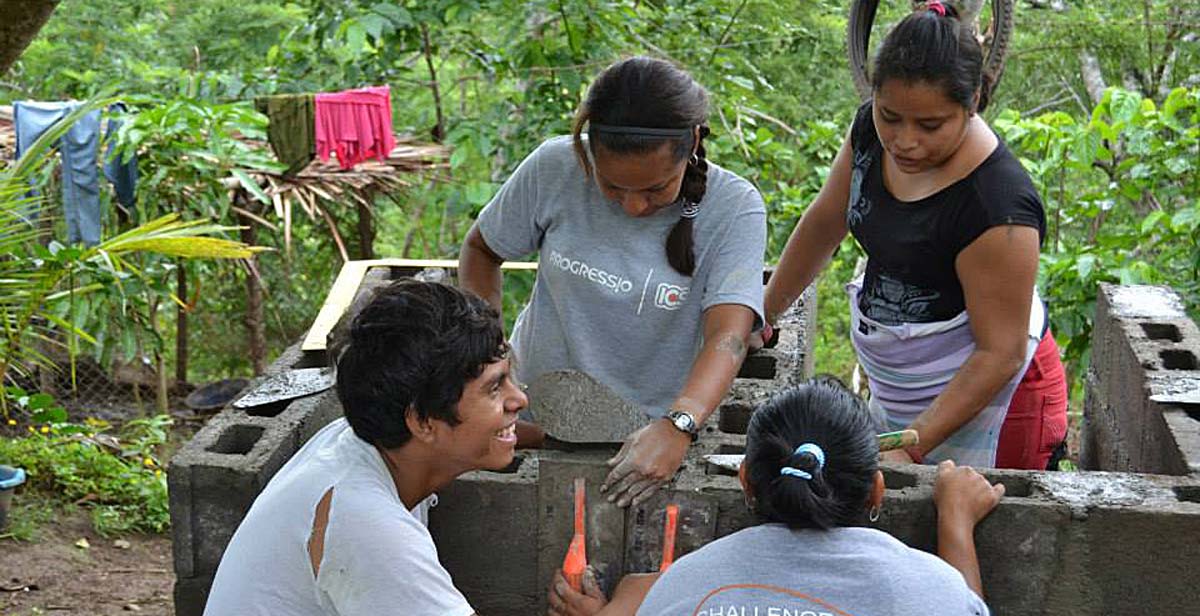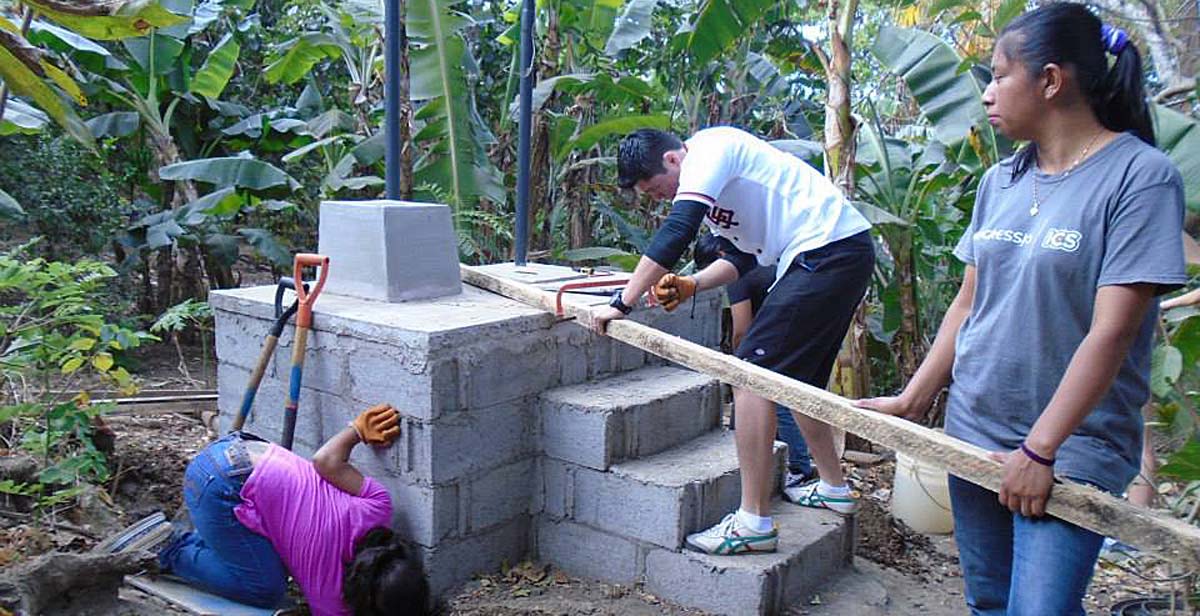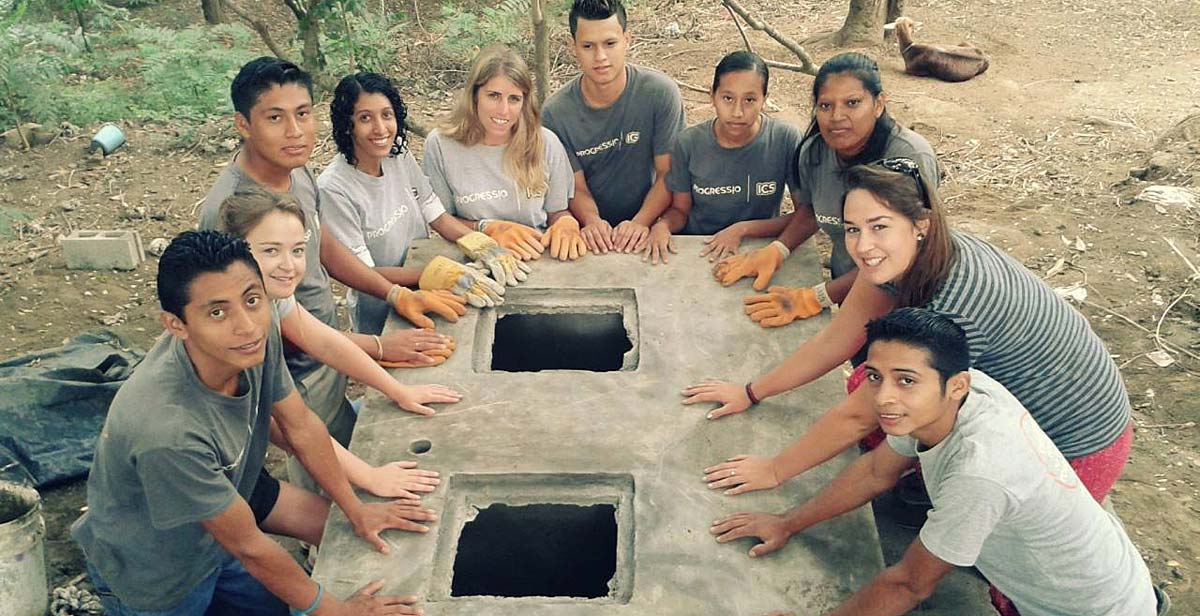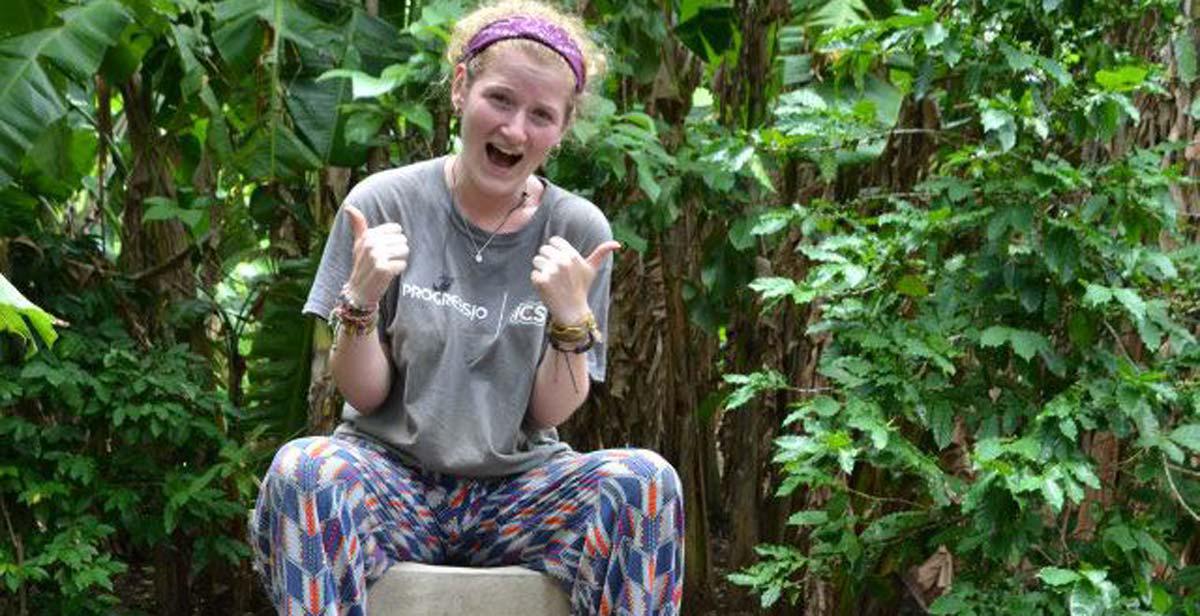“I need the toilet”, the top excuse used to get out of a lesson, the way to escape a first date gone wrong, the sanctuary where a newspaper can be read in peace. In the UK, going to the loo can be something of a respite. For 2.4 billion people worldwide, however, a trip to the lavatory can be life-threatening. Shared latrines and contaminated water systems can lead to unsafe drinking water, food contamination, parasitic infection… the state of a toilet can have a devastating effect on communities in developing countries. To attach some statistics on that, Trachoma (the world’s main cause of preventable blindness) affects over 50 million people, and lack of sanitation contributes to 88 per cent of deaths from diarrheal diseases. It’s a tricky subject with taboos and plenty of awkwardness attached, but now is the time to talk about taking a dump.

… And that’s exactly what World Toilet Day, celebrated annually on 19 November, is for. It’s about breaking through those social barriers for a more important cause; tackling unsafe sanitation. So, to get us all thinking about the issue, I thought I’d recount my (varied and riveting) experiences of ‘la latrina’, whilst a Progressio ICS volunteer in Nicaragua.
The first thing I noticed about the latrine at my host mum’s house was its location. It was about 50 meters from the house. This turned out to be very important. Running over mushy, slippery ground after a rain shower in the pitch-black dead of night to get to the loo in time due to some dodgy enchilada, and consequently squatting on the grainy concrete for 30 minutes (unfortunately this did happen) had me wishing for the dreamy en-suite of my university bedroom.

A clean toilet seat, soft toilet paper, water on tap… such simple things that are easily taken for granted are still luxuries to so many communities like el Bramadero, which still lacks running water. I remember walking to the nearby village of El Jocote for a cooling dip in the waterfall, and stopping by a shop to use their toilet. I automatically asked for ‘la latrina’ and was confused when, instead of sending me outside, I was lead to the back of a shop and left alone with a flushing toilet. My excited and exaggerated thanks as I left the shop bemused the shopkeeper no end. More importantly, the fact that running water had found its way to a place four kilometres away suggests a hopeful future for villages like El Bram, which still lack access to this baseline of sanitation.

Whilst in the context of our daily lives the idea of a ‘World Toilet Day’ may seem like something embarrassing, a topic we should avoid discussing, or a day to spread around loo gifs and memes, its real aim is to publicise and tackle the grave problems affecting communities like El Bram. So, what can you do on the day? Break the taboo and recount an embarrassing toilet encounter to family/friends/a stranger! If you’d rather save yourself the embarrassment, just donate to a charity that works on improving sanitation (a few ideas below), or drop into one of the events happening on the day.
EVENTS:
Grimsby: www.worldtoiletday.info/wtd-events/vanel-presents-world-toilet-day/
St Albans: www.worldtoiletday.info/wtd-events/helping-hands/
Birmingham: www.worldtoiletday.info/wtd-events/toilet-tour/
DONATE/HELP (just a few examples, there are many credible charities!):
World Toilet Organisation: http://worldtoilet.org/donation/
Toilet Twinning: www.toilettwinning.org/serious-stuff/the-need/
Sanitation First: http://sanitationfirst.org/
Written by ICS Alumni Anna Klaptocz (July - September 2016 cycle, El Bramadero, Nicaragua)



